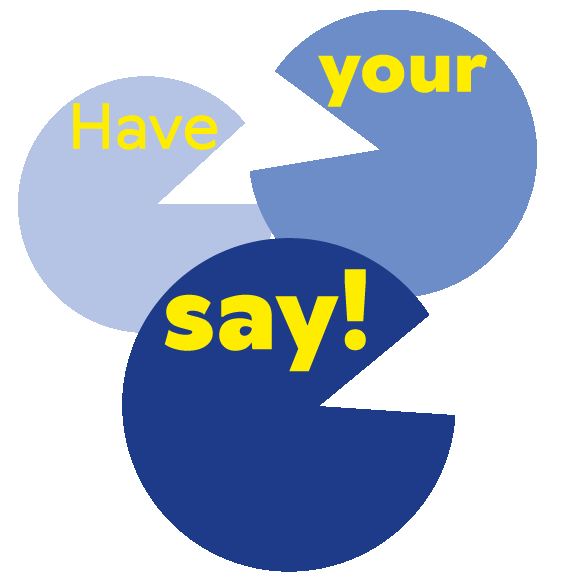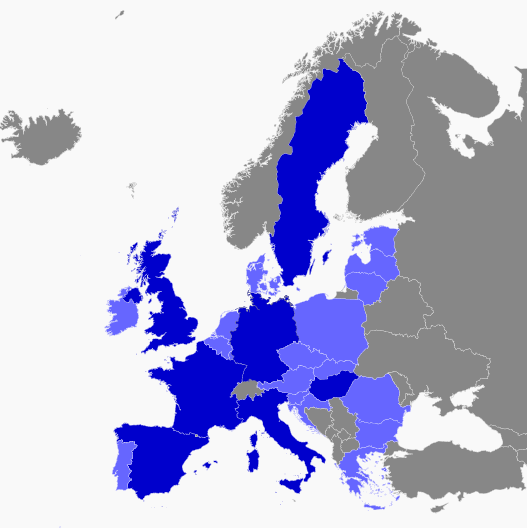Educational games about the EU developed and tested in the Have Your Say project 2019-2022
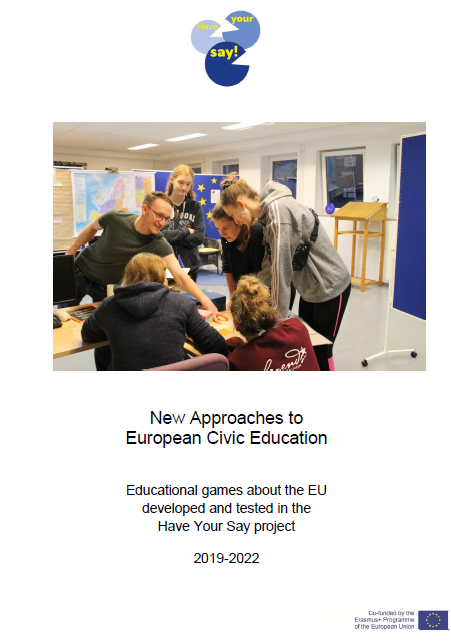
Introduction
This book presents eight educational games, developed by eight adult education and civil society organisations in 2020-2022. The games are intended to help those who play them develop their understanding of the European Union (EU), its nature, its purpose, and the question whether it is good to have such an organisation, or not.
The EU is a notoriously difficult topic. It is complicated, with structure and decision-making procedures that seem intransparent to many people. EU institutions seem to be far away of people’s everyday life, and people who barely understand who decisions are made in their own local city council have hardly are all the more challenged when facing the EU. And although it could be easy to define the EU simply as “a club of countries who that way
coordinate their laws and policies”, people usually are not aware of it, not least because the EU’s image can not (yet) rely on a popular and comprehensive narrative to justify its existence - a narrative that national states have been using for nearly 200 years now to make themselves seem “natural” entities.
So, teaching about the EU is a challenge. Most people are not naturally interested in understanding the EU. This is true not least for people at the lower end of formal education.
As you will see in the short presentation of the Have Your Say project (see below), the starting point of this project was the abundance of myths and false claims about the EU that circulated all over the public when “Brexit” – the idea that the UK should revoke its membership in the EU – was on the agenda in 2016 ff.
We, a number of adult education organisations from various European countries, started to contemplate what we ourselves could do to fight such misinformation, and the readiness of people to uncritically devour it. Aware that the EU is a very “dry” topic for most people, we came to the conclusion that it would be useful indeed to have tools at hand to offer people occasions to learn about the EU in ways as joyful and engaging as possible.
When applying for an Erasmus+ strategic partnership grant for this, we yet let it open what kind of educational activities these should be. We thought of seminars, drama, workshops, public actions, happenings… It became, however, relatively quickly clear that the most practical thing to do would be to develop games.
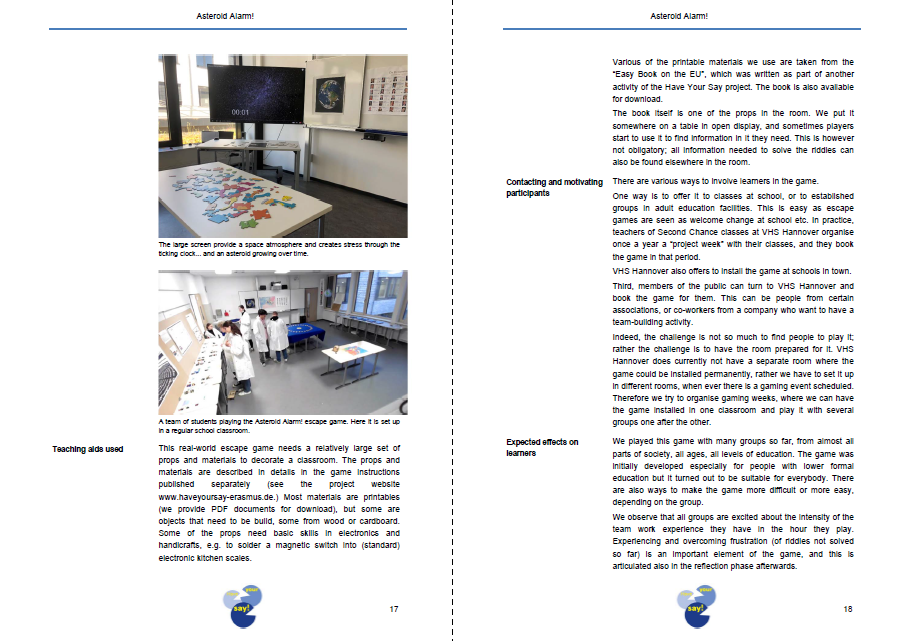
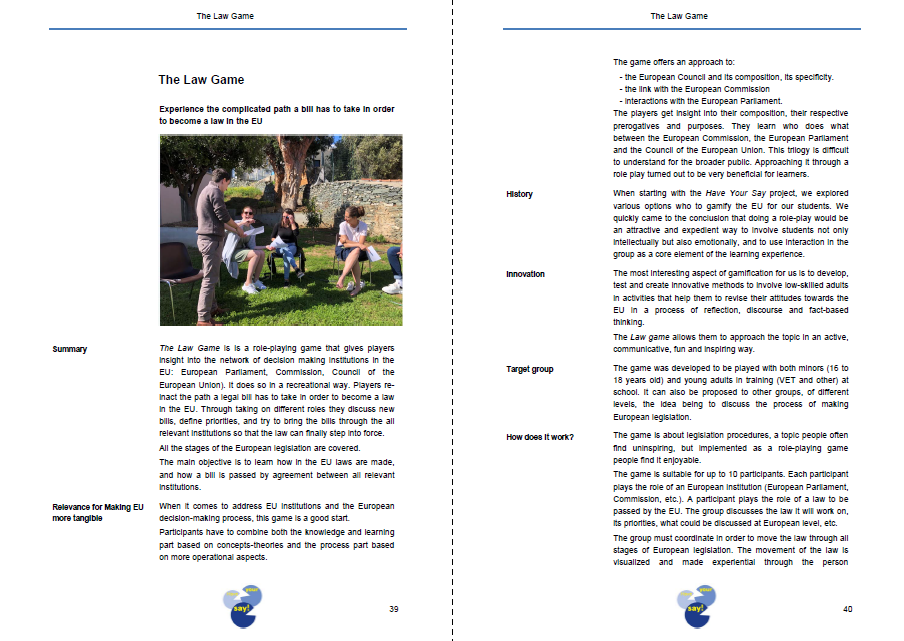
Download
[...]

